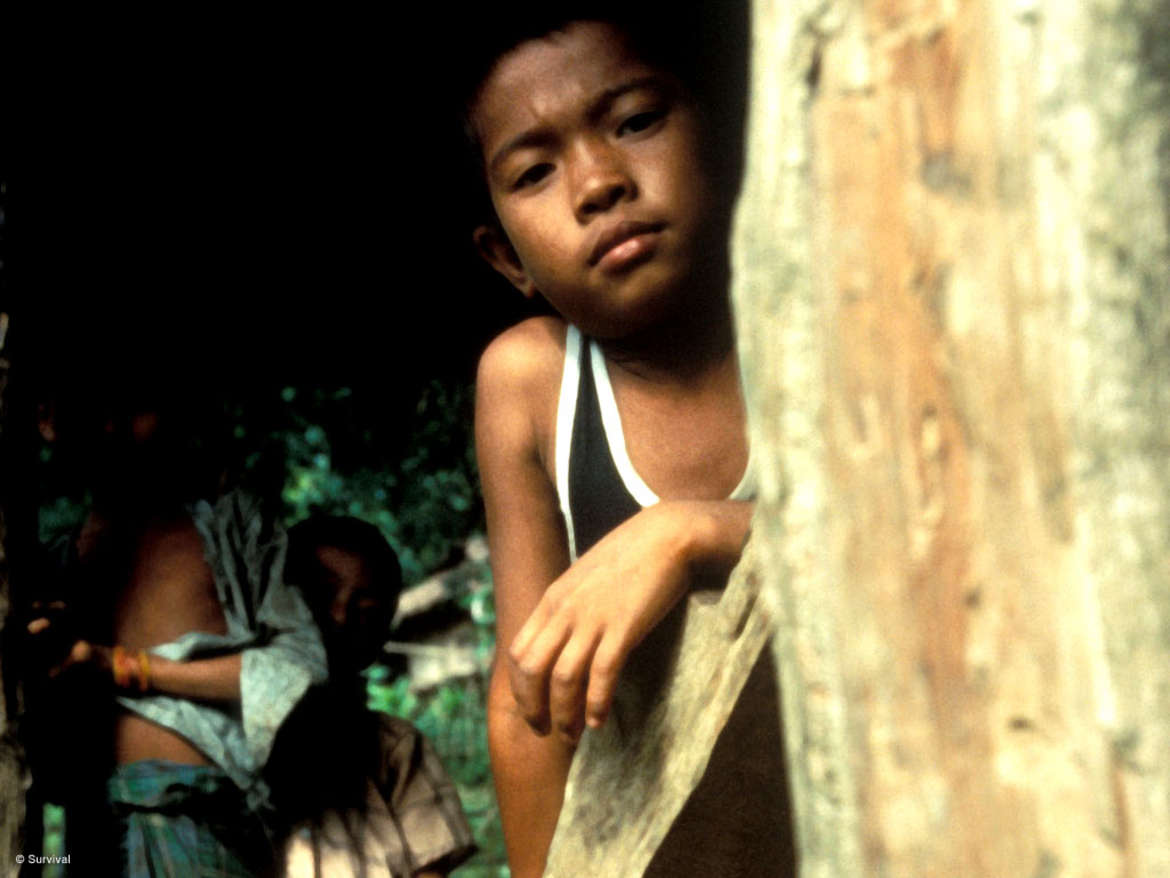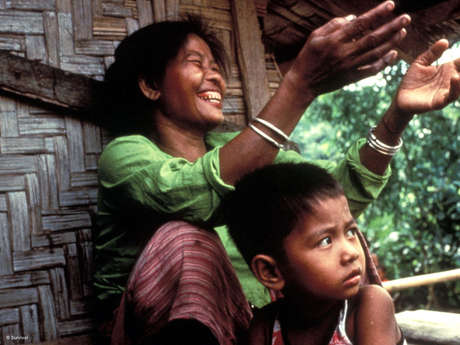Bangladesh: Rape and repression continue, despite promises of peace
January 19, 2010

This page was created in 2010 and may contain language which is now outdated.
One year since the Bangladesh government promised finally to halt the persecution of the country’s Indigenous people, reports are emerging of new abuses.
Decades of conflict between the Indigenous people, known as Jummas, and Bengali settlers and armed forces, were supposed to have come to an end with the signing of a ‘Peace Accord’ in 1997. Under the terms of the deal, the army was supposed to close its numerous camps in the mountainous south-east of the country, an area known as the Chittagong Hill Tracts, where the Jummas live.
The army, and the settlers who had colonised the Hill Tracts with their support, had committed countless atrocities in the area, in turn provoking armed resistance from the Jummas.
When a peace deal was signed between the two sides in 1997, hopes were high that the Jummas’ persecution had come to an end. But successive governments failed to honour the terms of the deal, and many Jummas who had fled their homeland to India are yet to get their homes and lands back.
In 2009 the Awami League, the political party which had signed the peace deal, returned to power, and promised finally to fulfil the terms of the Peace Accord. But one year on, little appears to have changed. Many military camps remain open, and the army still dominates in the Hill Tracts, causing widespread intimidation and fear.
In November last year, a soldier from Ghilachari army camp attempted to rape a Jumma woman. Jummas, mostly women, blockaded roads in protest against the assault, demanding the soldier be prosecuted and his army camp disbanded.
Seven people were injured, some seriously, when soldiers tried to break up the protest. Journalists who attempted to interview the injured women in hospital were denied access. Despite written promises by the authorities that the solider would be prosecuted, no action has been taken.
Hundreds of Jumma girls and women have been raped by soldiers and settlers since the 1960s, when the government began a programme of transferring poor Bengalis into the region.
Jumma activist Subir Chakma said, ‘Our girls and women are not safe. They cannot go to schools, they cannot go to the rivers to fetch water or to take baths, they cannot go to their work, they cannot go to the temples, they cannot visit their relatives, they cannot go to the market places, they cannot go to the nearby jungles, they cannot work in the paddy fields, and now they cannot even stay home, they are raped everywhere.’
There have been some signs of progress in the implementation of the accord. An army brigade and some temporary military camps have been withdrawn, and a commission to resolve land disputes has been formed. However, many temporary military camps remain and the continued presence of the military and settlers (who are supported and fed by the army) means the Jummas are still vulnerable to abuse.
Reports of torture, rape, land grabbing and intimidation remain widespread. Many Jummas who fled from earlier violence have still not recovered much of their land.

